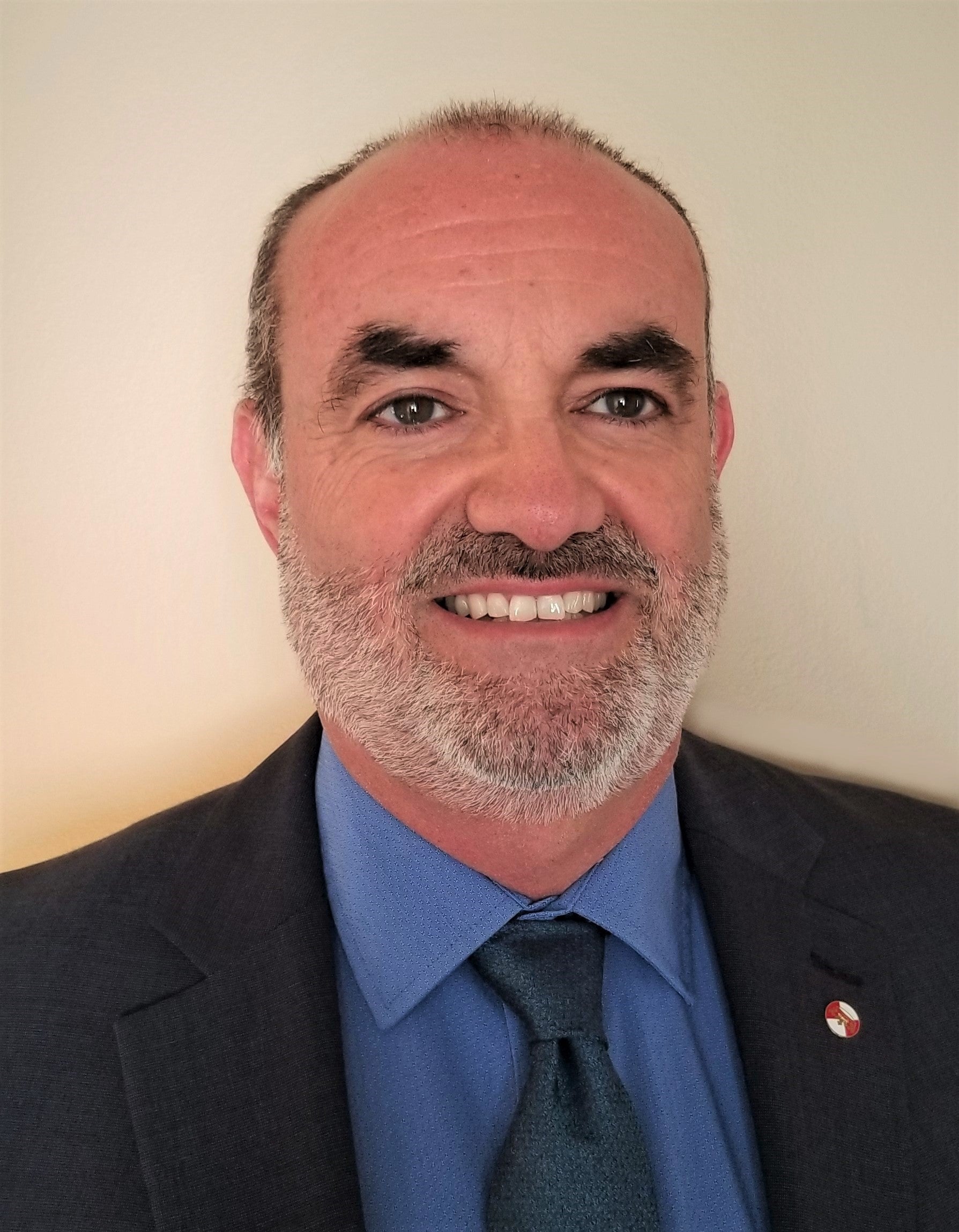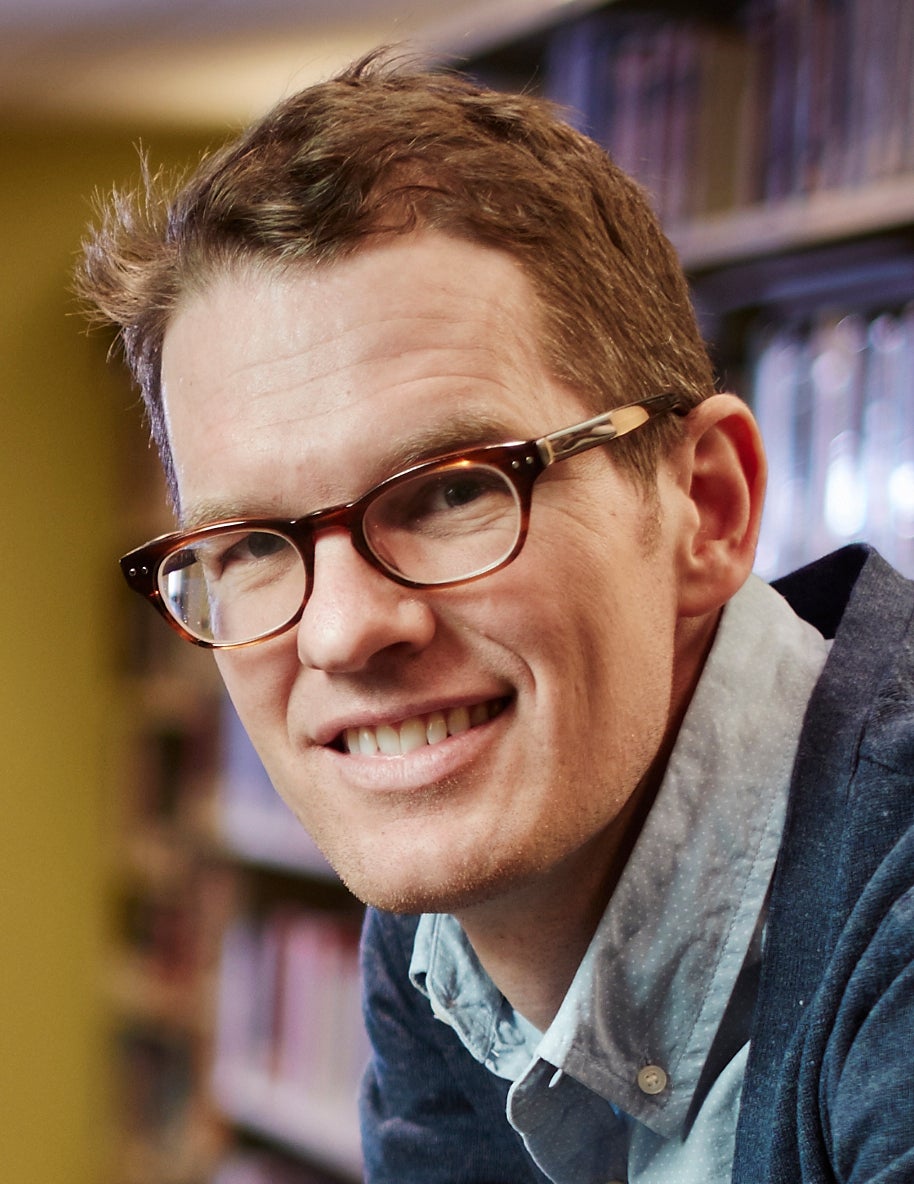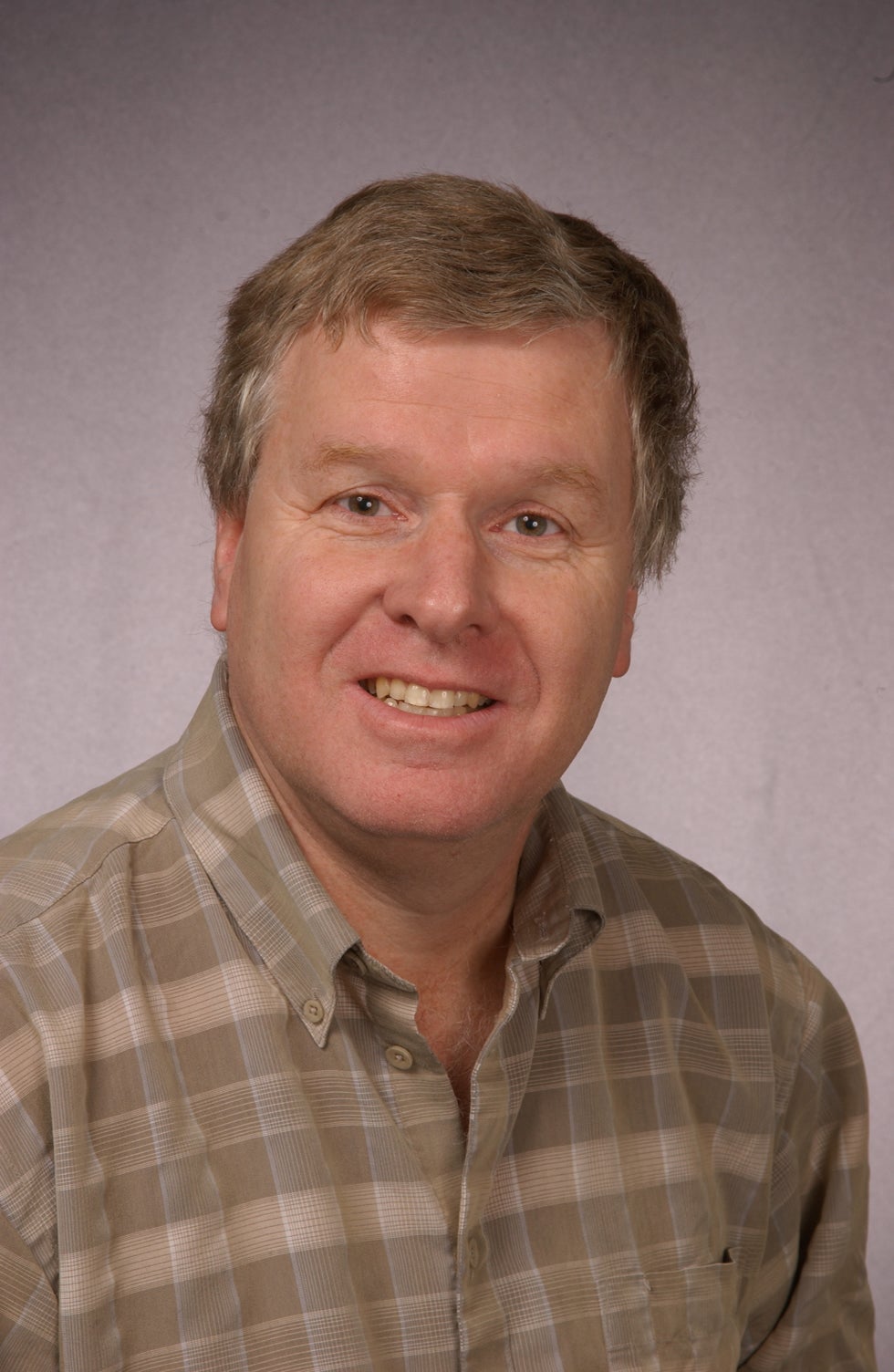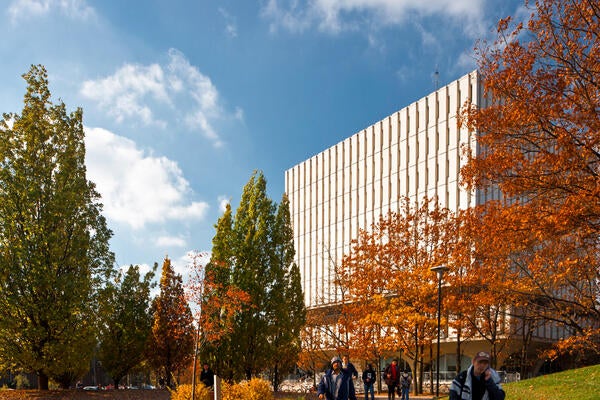
Three cheers for the supervisors
Award of Excellence in Graduate Supervision recognizes outstanding mentorship of master’s and PhD students

Award of Excellence in Graduate Supervision recognizes outstanding mentorship of master’s and PhD students
By Brian Caldwell, Wendy Philpott and Jon Parsons Faculty of Engineering, Faculty of Arts and Faculty of MathematicsEach year at Spring Convocation, Graduate Studies and Postdoctoral Affairs (GSPA) and the Graduate Student Association (GSA) recognize outstanding professors who went above and beyond in their work as supervisors.
The nominations and adjudication for the annual Award of Excellence in Graduate Supervision use submissions from former graduate students themselves, who rate and reflect on their experiences working with faculty members.
This year’s winners are Claudio Cañizares, Jay Dolmage and Gord Willmot.

Claudio Cañizares
Professor, Department of Electrical and Computer Engineering
Claudio Cañizares is a professor of electrical and computer engineering, a Hydro One Endowed Chair and executive director of the Waterloo Institute for Sustainable Energy. He obtained his undergraduate degree in Ecuador, and master’s and doctoral degrees at the University of Wisconsin-Madison.
Cañizares has held a variety of academic and administrative positions since joining Waterloo in 1993. His research focuses on the stability, control, modeling, simulation and computational issues in bulk power systems, microgrids and energy systems.
Author or co-author of over 350 academic publications, Cañizares has also supervised or co-supervised more than 170 graduate students and research fellows.
In a citation for the award, longtime colleague Siva Sivoththaman described him as a demanding but extremely supportive supervisor whose students have gone on to impressive careers in industry and academia.
Cañizares himself counts being friendly, “but not overly so,” as well as professional, accommodating and considerate as key traits for an effective supervisor. He also stresses the need for respect, encouragement, recognition and fairness to go along with high expectations.
His final word? “Put the interests and needs of students first.”

Jay Dolmage
Professor, Department of English Language and Literature
Jay Dolmage, professor of English, is the epitome of a student-focused faculty member. He is as dedicated to mentoring, advising and instilling confidence in his graduate students as to his own scholarship.
Dolmage is widely published on topics both timely and significant – disability, accessibility, race and immigration. He is a founding editor of the multidisciplinary Canadian Journal of Disability Studies and in 2020 was named to the RSC’s College of New Scholars, Artists and Scientists.
In his decade at Waterloo, Dolmage has supervised nine PhDs to completion, is currently overseeing seven dissertations and served on more than 19 PhD committees providing support and advice to students both within and outside the Department of English Language and Literature.
Attributing graduate success to collaboration and teamwork, Dolmage encourages his students to explore interests, even if it means switching lanes. “It’s part of the natural process of intellectual curiosity and learning. So the approach to supervising sometimes has to change too.”
Renowned among students for his support of work-life balance, Dolmage says research needs to fit around real life. “Students’ lives are diverse, often challenging and life doesn’t stop even when they are writing a dissertation.”

Gord Willmot
Professor, Department of Statistics and Actuarial Science
Gord Willmot is a professor of statistics and actuarial science.
He is a widely sought-after supervisor, due in large part to his significant contributions to research, his stature in the scholarly community and his storied career.
Willmot began his work at Waterloo as an undergraduate student in 1975, then went on to complete his master’s and PhD at Waterloo before joining the faculty.
He has supervised some 65 master’s, PhD and post-doctoral research projects during his tenure with the Department of Statistics and Actuarial Sciences.
Willmot’s approach to mentorship and supervision is based on the ways he himself was mentored and the collegiality that he was shown. He likens supervision of graduate students to paying it forward, and notes with pride that many of his former graduate students have become respected colleagues and friends.
“For me, it all comes down to respect and collegiality,” said Willmot. “I think the key to supervision is to give the student the opportunity to pursue their own interests and to respect their autonomy.”

Read more
Meet five exceptional Waterloo graduate students crossing the convocation stage as Class of 2025 valedictorians

Read more
Twenty-six researchers receive federal funding to drive discovery, innovation and research infrastructure development

Read more
The Royal Society of Canada welcomes five new fellows and one RSC College member from the University of Waterloo
The University of Waterloo acknowledges that much of our work takes place on the traditional territory of the Neutral, Anishinaabeg, and Haudenosaunee peoples. Our main campus is situated on the Haldimand Tract, the land granted to the Six Nations that includes six miles on each side of the Grand River. Our active work toward reconciliation takes place across our campuses through research, learning, teaching, and community building, and is co-ordinated within the Office of Indigenous Relations.